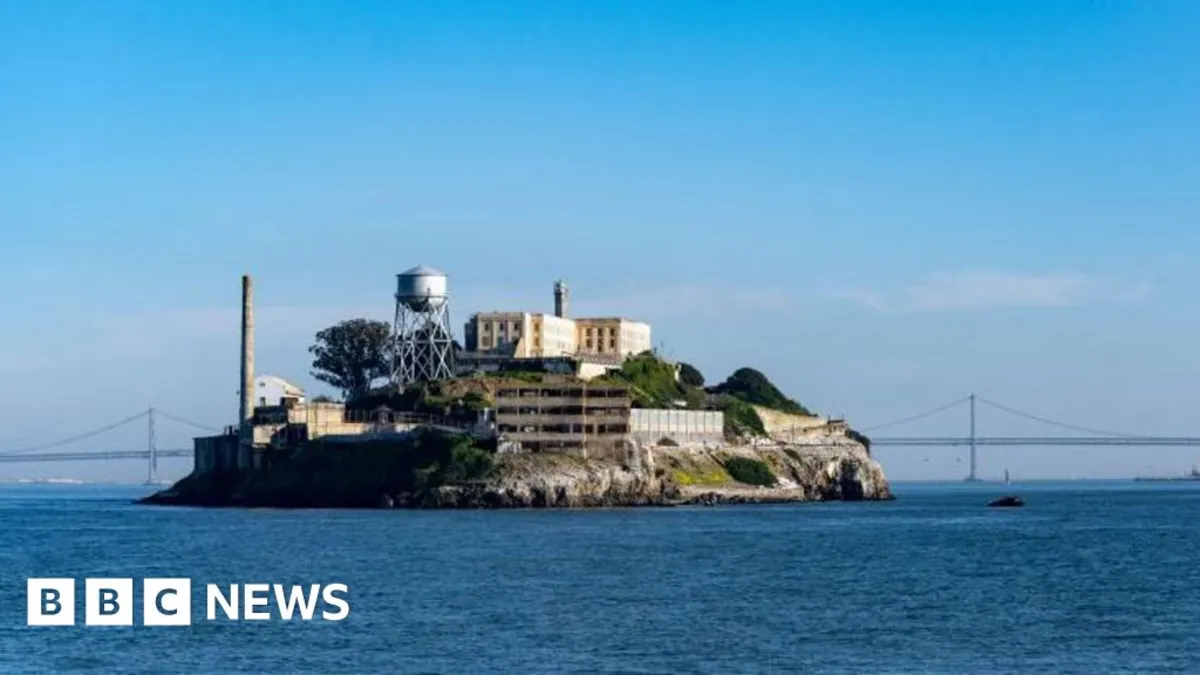
In a bold announcement on his Truth Social platform, former President Donald Trump revealed plans to reopen and expand the infamous Alcatraz prison, located on an island off the coast of California. On Sunday, Trump emphasized that the United States has long been plagued by violent crime and repeat offenders, asserting that the reopening of Alcatraz would symbolize a renewed commitment to law, order, and justice.
Trump stated, “Today, I am directing the Bureau of Prisons, along with the Department of Justice, FBI, and Homeland Security, to reopen a substantially enlarged and rebuilt Alcatraz.” He envisions this revamped facility as a home for America’s most ruthless and violent offenders, aiming to tackle the growing concerns surrounding crime and public safety.
Originally constructed as a naval defense fort, Alcatraz was transformed into a military prison in the early 20th century. The Department of Justice took control of the facility in the 1930s, turning it into a federal prison that housed some of the most notorious criminals in American history. Among its infamous inmates were notorious gangsters such as Al Capone, Mickey Cohen, and George Machine Gun Kelly.
Alcatraz's legacy extends beyond its prison walls, having gained significant fame through popular culture. The 1962 film Birdman of Alcatraz, starring Burt Lancaster, portrayed the life of convicted murderer Robert Stroud, who developed an interest in ornithology while serving his life sentence. Additionally, the 1996 action film The Rock, featuring Sean Connery and Nicolas Cage, dramatized a fictional rescue operation from the prison, further cementing Alcatraz’s place in cinematic history.
Trump's proposal comes amid ongoing legal battles concerning his policies towards crime and punishment. Recently, he has faced criticism for his approach of sending alleged gang members to foreign prisons, including a controversial decision to deport over 200 alleged Venezuelan gang members to a prison in El Salvador. The former president has also suggested the possibility of relocating homegrown criminals to international facilities, stirring debate over the effectiveness and ethics of such measures.
Alcatraz was officially closed in 1963, primarily due to the exorbitant operational costs associated with running a prison on an isolated island. According to the Federal Bureau of Prisons, it was nearly three times more expensive to operate than any other federal prison, largely due to its unique geographical challenges.
As discussions about the future of Alcatraz unfold, Trump’s proposal reignites interest in the storied past of this iconic prison and raises important questions about the direction of America’s criminal justice system.